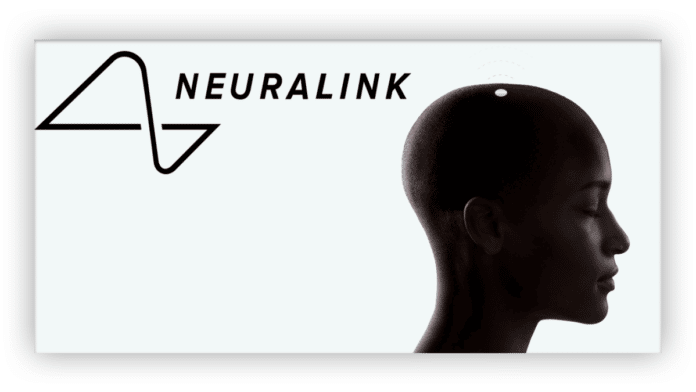The wireless brain chip developed by Neuralink Corp. is expected to begin its first human clinical trial in six months, said SpaceX and Tesla CEO Elon Musk during an event live-streamed from the firm’s headquarters in Fremont, California, on Wednesday night.
For those unaware, Neuralink, co-founded by Musk in 2016, is into developing a brain-computer interface, known as a BCI, which can help treat people with brain disorders and diseases as well as help disabled patients to move and communicate again.
The company is aimed at connecting “humans and computers” to “understand and treat brain disorders, preserve and enhance one’s own brain, and create a well-aligned future”.
In recent years, Neuralink has been carrying out tests on animals as it seeks U.S. regulatory approval to begin human clinical trials. It has already successfully implanted artificial intelligence microchips in the brains of a macaque monkey named Pager and a pig named Gertrude.
Musk said that the company has submitted most of the paperwork required for a human clinical trial to the U.S. Food and Drug Administration (FDA), which oversees medical devices, including neural implants. However, the six-month time-frame depends on the FDA approval, he added.
“We want to be extremely careful and certain that it will work well before putting a device into a human but we’ve submitted I think most of our paperwork to the FDA and probably in about six months we should be able to upload Neuralink in a human,” Musk said during the much-awaited public update on its brain-implant technology.
The Neuralink co-founder also showcased a video of “telepathic typing” from a monkey called Sake that has a Neuralink brain implant.
“To be clear, he’s not actually using a keyboard,” Musk said. “He’s moving the cursor with his mind to the highlighted key. Now technically, he can’t actually spell. So I don’t wanna oversell this thing, because that’s the next version.”
Musk has said the Neuralink device will first focus specifically on two applications: restoring human vision even if they are born blind and helping people who can’t move their muscles to control devices like smartphones or even restoring mobility back to those who have had their spinal cord severed, Musk said.
“Even if someone has never had vision, ever, like they were born blind, we believe we can still restore vision,” Musk said on Wednesday night.
“Even if we do not succeed with that problem, we are confident at this point that we will succeed at solving many brain injury issues–spine injury issues–along the way. As miraculous as it may sound, we’re confident it is possible to restore full body functionality to someone who has a severed spinal cord,” he added.
For the first human trials, the device will be implanted within the skull and it will have wireless charging capabilities.
The Livestream event was originally planned for October 31 but was postponed just days before by Musk without an explanation.
Neuralink has constantly missed internal deadlines to gain FDA approval to start human trials. In 2019, Musk announced that the company was aiming to receive regulatory approval for human trials of its brain chip by the end of 2020, which was later pushed to 2022 and now to 2023. It should be noted that Musk frequently hypes deadlines that don’t come to fruition.
Earlier this year, Neuralink posted a job listing for a Clinical Trial Director to run tests of the technology in humans. Currently, the company has a job opening for a Clinical Research Coordinator for which the trial has not yet been approved by the FDA.

